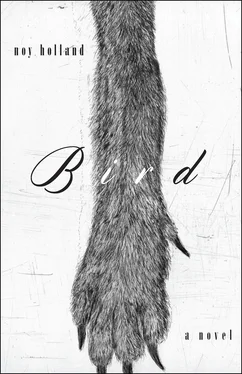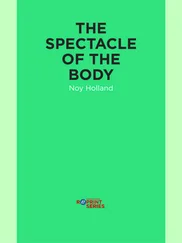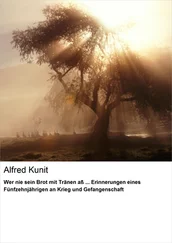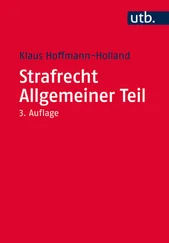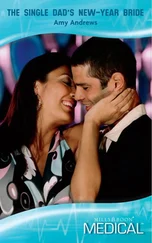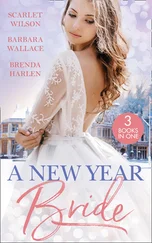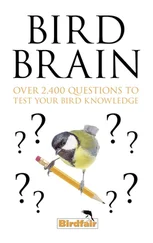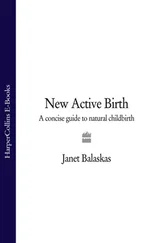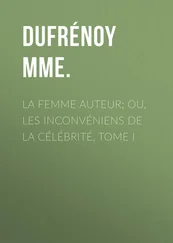She tries Suzie. She wants to tell Suzie the sound Mickey made, the girlish, dry, collapsing gasp when he took her. But Suzie will say, “I know.”
“He’s got pinworms.”
“Mickey?”
“My boy,” Bird says.
“I’ll let you go,” Suzie says.
“Come on, Suzie. You don’t want to know about pinworms? Quiet pale morsels you can see through, small as a grain of rice.”
The pinworm eats at night, the pediatrician told Bird. “Take a look with a flashlight while he’s sleeping,” she advised. “They break apart as they leave the body — little fellows, friable, sliding out of the hole.”
“I’m not all that wild about humans,” Suzie says. “We eat each other. We don’t behave. We thought to send Mexican free-tailed bats into Japan loaded down with napalm in the second world war. Dragged them out of their caverns. Put them on ice so they’d sleep. Another shining human endeavor to rival the exploding harpoon.”
Suzie takes a drag on something. Bird can hear it over the phone.
“There are too fucking many of us besides, and you and Doctor Said So just went and made two more.”
“So get your tubes tied, you don’t like humans,” Bird says. “Be done with it.”
“Right. Never give blood again.”
Suzie takes another drag and a swig of something that comes in a glass with ice.
“When humans get wiped off the planet,” Suzie says, “do you know this? The subways in New York City will engorge with sea water in days.”
“When?” Bird says.
“What?”
“ When humans get wiped off the planet ,” Bird says. “Don’t people still say if ?”
“Matter of time,” Suzie says, it’s what she always says. “Maybe pinworms will do the trick. Something sneaky and easily broken. Friable, you like to say.”
Bird goes backto the photo album, the bloody birth pictures, spooky, the baby still stricken and blue. Bird flips the page, going backwards, comes upon the murk that is her baby unborn, an image they make with sound.
“Here you are,” Bird says, “waving. Here is the one of you sucking the pale peninsula of your thumb.”
She is all spread apart, a tiny continent. A mass with migrating eyes. Little Whale, White Moon.
The bodies toxic. Where had Bird seen that? They were rolling belugas in cellophane, men in gloves and suits. Disposing. The whole pod — the soon-to-be-dead, the living. Beached. Bodies gasping on the strand.
You can quit the news but it finds you, some picture you didn’t mean to see. That little girl dead with her books in her lap. The illuminated page. Foot soldiers, somebody’s boy, creeping into the blast.
There’s no way to live far enough from it. No matter the pact you make with yourself — it gets at you and eats.
Somebody’s boy on the waterboard. Sounds okay to me.
Says who?
Say the fat cats, says the president. Folks, we are doing everything we can .
Such a flocked-around helpless feeling, a rage, and Bird was chumped by it — she knew better: fat cats were making money making fear she couldn’t shake. Code orange, people, keep it calm. Now let’s bump her up to code red.
You bet. Like ants, they were, sent to scurry. Snatching for beans and Sterno, a spade. Dig a hole. Hully up. Bring the Vizqueen.
Sure, it passed. And when the worst of it passed you could slump back and live among the daily horrors. That was nice. The spectacle of smallpox. The war going peacably along. The icecap melted. Owright. The thing mutates, owright, but it’s a frog. Heck. It’s a elephant. It lives away off, it ain’t you.
But it is, Bird thinks. It’s you. She thinks of an old movie she saw— mzungu in a pith helmet stepping out of a Cessna on the vast grassy savannah, not a chance in the world to hide.
Do you say pod , as with whales, for the elephant? Pod , is it, or tribe? A murder, a pride, a herd, Bird thinks.
They’re all out there, big as elephants, big yellow African sky.
I want that one, says the shitball, and shoots.
The animal takes a long time falling. It gives itself up in stages against its mighty will. He turns to the next elephant and takes a shot at it, too.
I want that one. And then I want that and that one then and her and her and her.
Those girls.
Columbine, pretty name, couple of quiet boys.
Those are the ones to kill you. The sheriff calls you for dental records and your life goes black and gray.
It is a day like any other, Bird thinks. Pretty place, mountains at your back, tough country. Home. Been knowing it all my life. Lives of mine before it.
Simple lives, used to be. Homesteaders, sheepherders.
School bus coming prettily — you can’t hear it yet — up the road. You scoot her out. Not a sign, no way in the world to stop it.
But you’re the mother.
You are the one who is supposed to know.
The baby hooksBird’s lip with her finger: the baby wants Bird to sing. So she sings: little snowflake, white shell, that one. And kisses all ten toes. Bird counts her lucky stars to eleven and quits. Thinks: quit while you can and hide them, woman. The gods are greedy, too.
She cranks the music, dances the baby upstairs. It helps. A little sunshine helps. Dewfall soon. She ought to walk back out without shoes. Pass her toes through the early glittery wet, the grass with its sparky dew.
Sparky —that’s her boy’s word.
Count of three. Look both ways twice.
Now move on.
Take a picture.
“Hey, hey, Mama. Take a little one of me.”
“It’s a little bit, it’s a little bit, it’s a little bit hot,” her boy says.
And drops his pants from the bridge.
“Hey, take a little one of me.”
What to do?Lock your babies in a closet in the dark all day and slide rice under the door? Keep them out of the sun, keep the wind from their eyes, keep them off the country road. From TV, keep them, and victorious boys, heroes hoisting the flag. From the man in a hood with the white of his palms opened skyward, wired, by head and foot and hand. From that. The next war, war to end all wars, first war of the brand new century, the unrelenting brassy gong. The poor pagans, the un- and under-chosen, the great sweeping cry to arms. To Swords! Face the Nation. From that, keep them. From the static of indecision. From desire and the absence of desire. The fly in the web that does itself in by flying. By tattered wings, by tiny dry ambitions. From that, keep them. From me, Bird thinks — goer-between, meddler. Damp consoling shade.
She could write a letter, fat chance. Scrub commodes. Here’s that respite, the solitary hours — before suppertime, before the school bus comes. What to do, what to do. Try the treadmill — right.
“You’d feel better,” says her husband, says Suzie.
“Better than what?” Bird says.
“You think I’m fat?” she asked her boy. “You think Mama’s too fat?”
He looked her over.
“To do what?”
The baby’s arms swing up, silly baby, asleep: she thinks she is falling out of a tree.
Bird washes a fork. Pays a bill and walks it to the mailbox. Comes back and picks up the phone. She won’t answer, Bird thinks, but Suzie answers.
“Your poet?” Bird asks.
“Elsewhere. He went out for chips and beer.”
“And he’s behaving? You’re okay?”
“You worry too much.”
“It’s a habit. It’s a reason for living.”
“Ah, that one,” Suzie says.
“You’ll see.”
“Bet you five bucks I’ll never.”
“What?”
“You’ve been drinking, Bird. I hear it. You’ve been thinking and it isn’t good. The world’s done for. We’ve trashed the planet. There won’t be water when your babies are grown.”
Читать дальше
